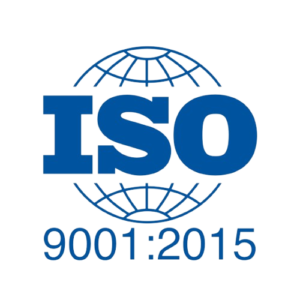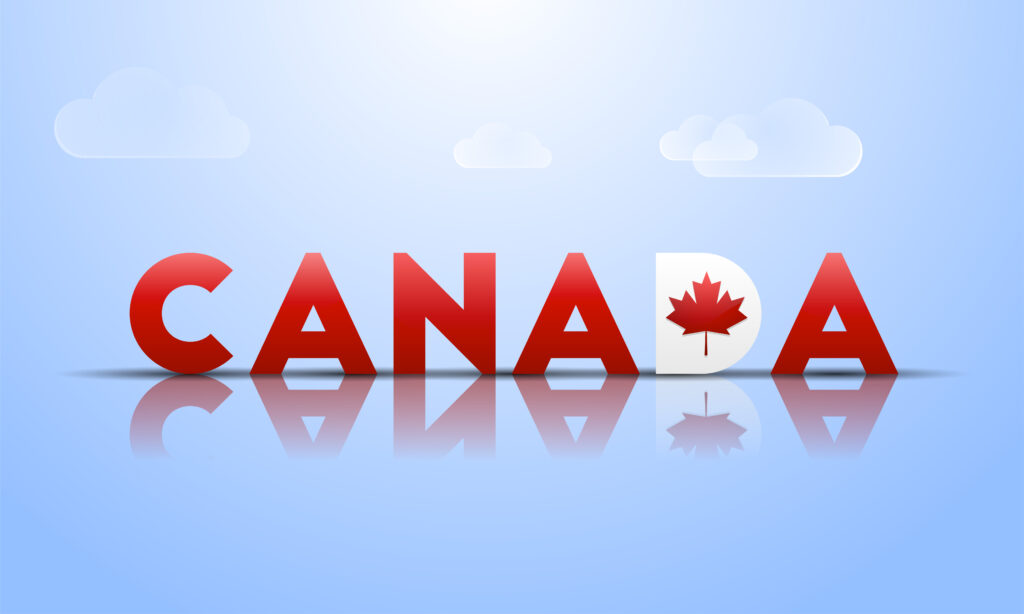Spousal sponsorship applications can be appealed to the Immigration Appeal Division (IAD).
You have 30 days after receiving the refusal letter to appeal to the IAD.
You should be prepared to attend a hearing, during which you will be able to present new evidence to support you case, call witnesses to support your stance and have legal representation. The IAD will decide about whether or not the denial was made legally and if it should be overturned.
If the denial is overturned, your case will be sent back to be re-examined with the new decision referenced. If the refusal is maintained, you can appeal the IAD decision in federal court, which can take anywhere from six months to a year.






